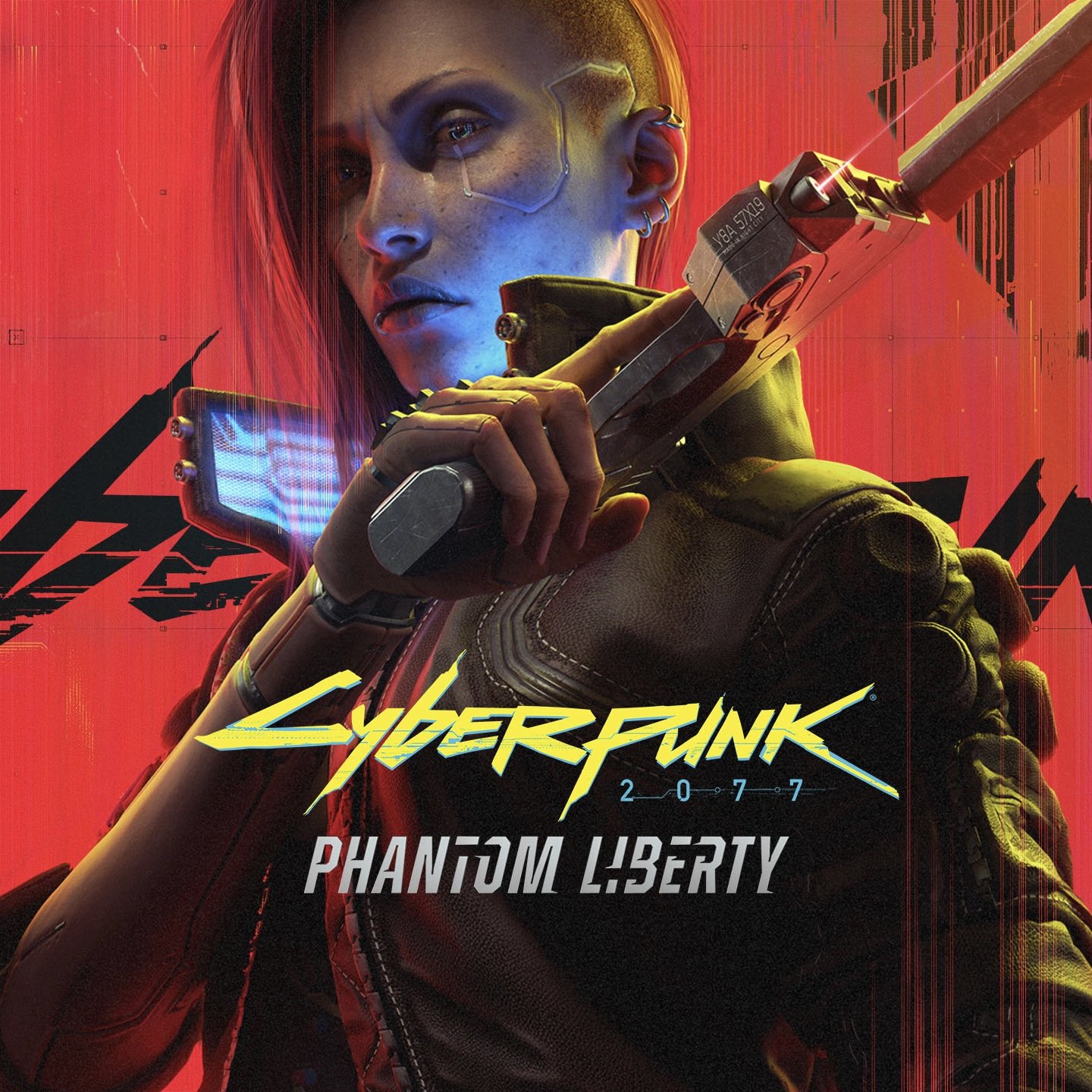Excuse me while I go bleach my eye holes.
- 0 Posts
- 946 Comments
An exit poll is conducted after a voter exits the voting booth. It’s conducted by a private organization (usually either a news organization or someone working in collaboration with a news organization) and polls people to find out how they voted. The exit poll is voluntary.
Organizations can then categorize that info based on age, gender, race, area where they voted, and other details. News organizations can then use that info (along with a bunch of other data, including polls conducted leading up to the day of the election) to extrapolate who will win an election in a given area. Typically, despite being somewhat limited in their scope (not everyone at every polling location nationwide is polled), the exit polls are usually reflective of the actual election polls.
Campaign organizers for the next election can also use the data to help figure out their strategies for the next election. For a general example (I came up with it off the top of my head), “We failed to gain the aged 60+ black male vote in this state. We need to study how to appeal to them better in the next election.”
Fun Fact: The actual official votes actually take days to count. So these and other types of election polls really help news organizations predict the results even just a few hours after the election polls close, and they’re rarely wrong. Sometimes, they’re even able to call an election the minute the polls in that area close*. These news organizations often each crunch their own numbers, too, so they don’t necessarily all rely on each other’s data.
*I should note that each state has its own rules about how and when they release election results. Often, to avoid influencing voters who haven’t voted yet, they won’t release results (including results from early voting) until polls in the entire state have closed. This is usually the case with news organizations announcing their predictions, too. That’s why some news organizations are able to immediately predict some races as soon as the polls close.

 14·16 days ago
14·16 days agoI’ll field this one.
Why would a man whose shirt says “Genius at Work” spend all of his time watching a children’s cartoon show?

 1·18 days ago
1·18 days agoI’ve had the odd stability issue every now and then. (There was one ongoing issue with my wifi that was caused by a bug in my manufacturer’s driver, but that was years ago on Windows 10, and they eventually fixed it.) But I honestly haven’t had any issues caused specifically by Microsoft recently that I can recall.
Any problems caused by major features updates are usually solved by simply reinstalling the driver. (And I haven’t had any of those sorts of problems in at least a couple years.)
It… only updates once a month, though. The second Tuesday of every month.
Any other updates are from the manufacturer/ software developer and not from Microsoft.

 49·20 days ago
49·20 days agoWell, time to install two new add-ons: Return YouTube View Counts and Return YouTube Upload Dates.
Somebody please make those.
For me, it’s not that Windows updates my drivers during a big update. It’s simply that Windows broke the driver while installing a big update.
I’ve had it happen where my Wi-Fi driver broke so it could only connect to an unprotected network. So I’d simply setup my phone as a hotspot and download the Wi-Fi driver from the manufacturer’s website and reinstall it. That’d immediately fix the issue. Though, actually, that issue hasn’t occured in years. The last time it happened, I think, was in the early years of Windows 10.
My understanding (unless they’ve changed it) was that a restart is a restart because software (either the OS or 3rd party software or both) may need the computer restarted to finish installing or updating stuff.
I’d heard that a shutdown wasn’t actually a shutdown, though.
and I got one at least once a month.
According to this post, that’s the monthly update Microsoft releases.
/j

 1·25 days ago
1·25 days agoOP didn’t mention games that have Denuvo in them. They simply mentioned pre-ordering games.
And before anyone says this is a post about Denuvo, OP’s comment was phrased in such a way that it could sound like, “Why would anyone pre-order games in the first place in 2024, regardless of whether or not it has Denuvo?”

 1·25 days ago
1·25 days agoI said I hardly ever buy PC games.
If I’m interested in a PC-only game, I check GOG first, then I check Steam. I will rarely ever pre-order a PC game.
Edit: Also, I appreciate the (probably unintentional) Attack on Titan reference.
ten years at least.
If you haven’t seen the show, don’t look it up. It’s a spoiler.

 3·25 days ago
3·25 days agoHonestly, if I can, I always get physical. If I buy a digital copy, there’s no guarantee that the store I bought it from won’t take it back or something like that.

 2·25 days ago
2·25 days agoYeah, it’s still pretty common for big publishers to sell their games physically. Games from smaller devs that self-publish are usually only sold digitally, though they can sometimes end up getting published physically later on if they get popular enough.
Edit: Or were you talking about Best Buy and Amazon selling physical games?

 1·25 days ago
1·25 days agoWasn’t ten years ago just Chrome, though?
I think you mean 20 years ago.

 1·25 days ago
1·25 days agoThat’s actually a good example of a game I initially pre-ordered but then cancelled because I didn’t like what I saw in later trailers.

 3·25 days ago
3·25 days agoIf I can, I try to get my pre-orders through Best Buy’s in-store pickup, which means I can simply walk in the store and pickup my order. It’s essentially the same as going in and buying the game on launch day, except I’m guaranteed a copy that I’ve already paid for. If I don’t pre-order, there’s a chance the store either won’t get any copies by release day or they may sell out of them by the time I get there after work.
Also, try as I might, there’s been several times where I haven’t been able to get a copy from Best Buy for one reason or another. That leaves Amazon as my only choice. So, in that case, pre-ordering means I’ll get my package on launch day, typically in the early afternoon.
So, for me, it’s less about the pre-order bonuses and more about the logistics. I want to play a game on the day it comes out. I’ve usually planned to have free time specifically to play the game on release. So pre-ordering means I spend less time looking for a copy of a game I already know 100% that I’ll enjoy and more time actually playing the game.

 86·26 days ago
86·26 days ago(I apologize for the really long comment.)
I still pre-order, but I’m very selective. I only pre-order games I am 100% sure I’ll enjoy it.
If something comes up in the months before release that makes me question whether I’ll enjoy the game or not, goodbye pre-order.
There’s also very few companies and franchises I trust enough to pre-order from. They’re mainly the Kingdom Hearts (but only the “main” games; I’m not buying that rhythm game) and Persona (also only the main games, not the spin-offs) series. I also pre-ordered Metaphor (because I trust Atlus as a developer after having played all three games in the modern Persona series, and because I liked what I saw in trailers and what I played in the demo) and am actually enjoying it more than Persona.
To put it another way, I pre-order games from developers and directors I 100% trust to deliver a good game that I will enjoy immensely. Any less than that, and I will not pre-order. Like I said, I’m very selective. If I haven’t played anything from the developer before, I won’t pre-order. If they’ve broken my trust in some way, I won’t pre-order. If I don’t like what I see in the trailers or what I hear in the interviews, I won’t pre-order. If I see that DRM will negatively impact my play experience (which admittedly doesn’t have much of a chance of happening since I rarely play on PC), I won’t pre-order.
To be fair, double spaced where there isn’t supposed to be one is really noticeable.

 2·1 month ago
2·1 month agoThey must’ve done it in the hyperbolic time chamber.

There’s an add-on to help find the people you followed on Twitter on Bluesky, FYI.
Chrome: https://chromewebstore.google.com/detail/sky-follower-bridge/behhbpbpmailcnfbjagknjngnfdojpko?hl=en
Firefox: https://addons.mozilla.org/en-CA/firefox/addon/sky-follower-bridge/